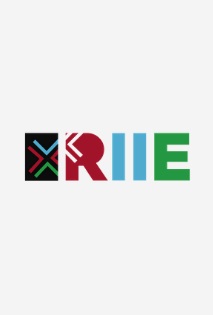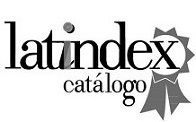The moralisation of the subject through honesty in brazilian textbooks for youth and adult education
DOI:
https://doi.org/10.30972/riie.13186343Keywords:
youth and adult education - discourse analysis – didactic books - ethics - moralsAbstract
Some didactic books used in the field of Youth and Adult Education (YAE) in Brazil, when dealing with everyday issues, identify the common theme with a moral code. In the analysis presented here, the theme of honesty is highlighted. Based on an evidential and discursive research, which included a historical review on the topic of honesty in Brazil, we selected from the materiality composed by these textbooks seven discursive sequences derived from this zone of meanings about honesty. Our aim was to analyse who this subject is, what place the book constructs and what sayings and imaginary formations in this semantic and discursive universe conceal the ideological evidence of a moral code. We conclude that this option, as we also indicated in the discursive sequences analysed here, indicates that the YAE didactic books analysed assume that the YAE subject-student is immersed in a lack of knowledge to be circumvented and resolved by means of a prior selection, a label for which the textbook guarantees a refuge in order to approach a moralisation. By accusing a YAE subject of morality and honesty, these textbooks subject him or her to the individual form of the ‘good subject’ of YAE.Downloads
Download data is not yet available.
Downloads
Published
2022-12-27
How to Cite
Carvalho Pereira, A. de. (2022). The moralisation of the subject through honesty in brazilian textbooks for youth and adult education. Revista Del Instituto De Investigaciones En Educación, 13(18), 5–21. https://doi.org/10.30972/riie.13186343
Issue
Section
Artículos basados en investigación empírica
License
Aquellos autores/as que tengan publicaciones con esta revista, aceptan los términos siguientes:
- Los autores/as conservarán sus derechos de autor y garantizarán a la revista el derecho de primera publicación de su obra, el cuál estará simultáneamente sujeto a la Licencia de reconocimiento de Creative Commons que permite a terceros compartir la obra siempre que se indique su autor y su primera publicación esta revista.
- Los autores/as podrán adoptar otros acuerdos de licencia no exclusiva de distribución de la versión de la obra publicada (p. ej.: depositarla en un archivo telemático institucional o publicarla en un volumen monográfico) siempre que se indique la publicación inicial en esta revista.
- Se permite y recomienda a los autores/as difundir su obra a través de Internet (p. ej.: en archivos telemáticos institucionales o en su página web) antes y durante el proceso de envío, lo cual puede producir intercambios interesantes y aumentar las citas de la obra publicada. (Véase El efecto del acceso abierto).






.jpg)




